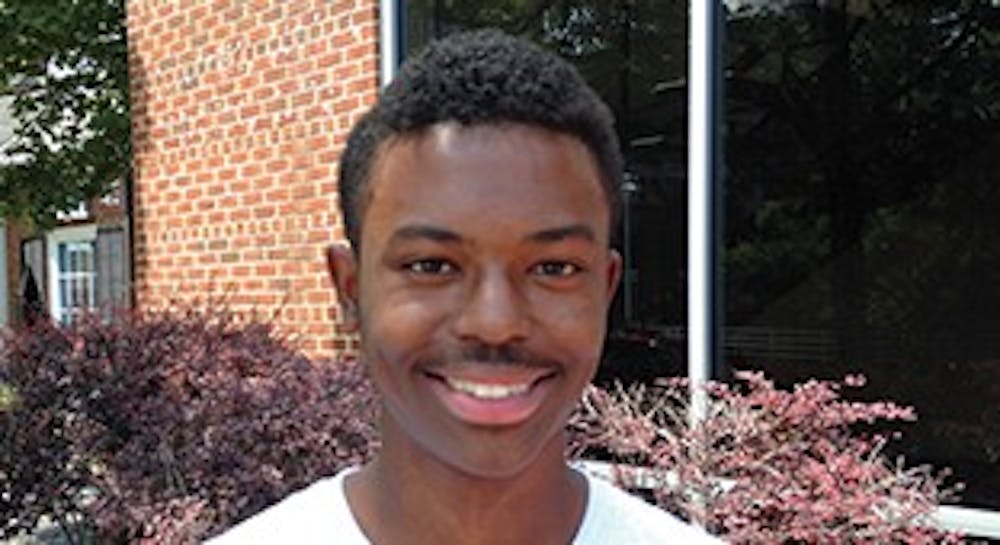When I was young and poor and used to wear corduroy on hot summer days, my father would haul my sister and me to the beaches of Miami to spend an afternoon digging in the dirt, which was free.
I remember asking my father to explain to me why some flags were red, white and blue and others were the colors of the rainbow. Most would explain to a 6-year-old that one is a flag symbolizing the 13 colonies and 50 states, while the other is a symbol of the gay rights movement.
Instead my father told me both flags were a statement to say this, and he pointed to everything, is not meant for us — and by “us” he meant poor black folks living in the U.S. My father’s words struck me then and have had a great impact on how I view the world to this day.
I came to appreciate and accept my queer, black self when I let go of feeling that I was too dark or my hair too nappy to be loved. It’s appropriate that I am writing this column during Black History Month, on Valentine’s Day especially because it is a day to show love during a month celebrating blackness. This makes Feb. 14 a day to appreciate black love.
And while I feel loved on most days, there are days my queer identity is commodified or tied to capitalism in a way that seeks to exploit me. Oddly, these nights are called LGBT nights which are frequent in cities like Chapel Hill.
Capitalism has a disgusting way of taking pieces of someone’s identity and using it to turn a profit. In my experience, I’ve gone to places and watched sexually suggestive adult films displaying men in states of undress on screens, bartenders serving decorative drinks and the rainbow lights and flag displayed prominently as to let everyone know tonight is queer.
I’ve also noticed that these nights tend to draw a high number of white, middle class, gender normative, able-bodied men — the image we would normally think of when someone says “gay” or LGBT.
I raise issue with these nights because they do not make much room for me. These nights emphasize and encourage a detrimental normativity which pervades the white LGBT community — called homo and transnormativity. These ideologies replicate narrow depictions of sexual orientation and gender expression often excluding those who are black, brown, poor or disabled.
In doing so, by not considering that queer folks come from a diverse background, businesses communicate that these nights are not meant for everyone in mind, but only some.




